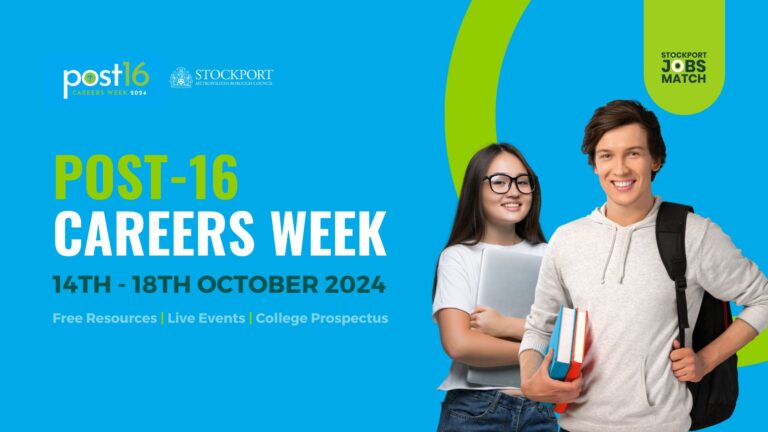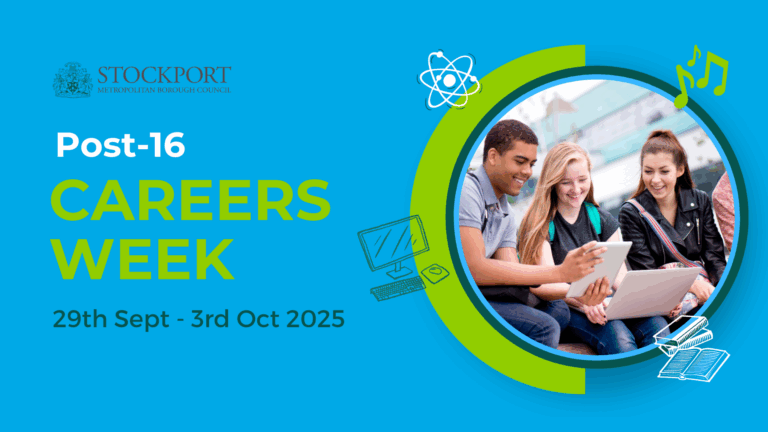Making the Most of T-Level Industry Placements
Embarking on a T-Level journey brings with it the exciting prospect of gaining real-world experience through T-Level industry placements. These placements are a cornerstone of T-Levels, providing students with the opportunity to apply their knowledge in a professional setting. In this article, we’ll explore the advantages of industry placements, delve into their structure and content, and offer tips on how students can make the most out of this valuable component of T-Levels.
Advantages of T-Level Industry Placements:
- Real-World Application: Industry placements bridge the gap between classroom learning and the real-world application of skills. Students get hands-on experience, allowing them to see how their T-Level coursework translates to actual workplace scenarios.
- Networking Opportunities: Placements offer a unique chance to build a professional network. Interacting with professionals in your chosen industry can lead to valuable connections, potential mentors, and even future job opportunities.
- Skill Development: Beyond academic knowledge, industry placements focus on developing practical skills. Students learn to navigate workplace dynamics, enhance communication skills, and adapt to the challenges of a professional environment.
Structure and Content of Industry Placements:
- Duration and Timing: Industry placements are a substantial part of T-Levels, typically lasting 45 to 60 days. The timing of these placements is carefully integrated into the overall T-Level program, ensuring a seamless transition between academic study and practical experience.
- Supervision and Mentorship: Students are supervised by professionals within the industry who guide them through tasks and provide valuable insights. Establishing a positive relationship with your supervisor can enhance the learning experience and open doors to further opportunities.
- Tasks and Responsibilities: Placements involve a variety of tasks designed to align with the T-Level pathway. These tasks may include hands-on projects, shadowing professionals, and contributing to the day-to-day operations of the workplace.
Tips for Making the Most Out of T-Level Industry Placements:
- Be Proactive: Take initiative and show enthusiasm. Identify opportunities to contribute, ask questions, and express your interest in learning. Proactivity will make a positive impression on your supervisors.
- Seek Feedback: Actively seek feedback on your performance. Use this input as a tool for improvement and a way to demonstrate your commitment to learning and growth.
- Network and Build Relationships: Connect with professionals in the industry. Attend company events, join professional organizations, and participate in networking opportunities. Building relationships can lead to valuable insights and potential future opportunities.
- Reflect on Your Experience: Take time to reflect on your industry placement experience. Consider how it aligns with your career goals, what skills you’ve acquired, and how it has influenced your perspective on your chosen field.
Conclusion:
Industry placements are a key component of T-Levels, providing students with a unique chance to blend theory with practical experience. Embrace the opportunities, seek to learn and grow, and use your industry placement as a stepping stone to a successful and fulfilling career. By making the most out of this invaluable experience, you’ll not only enhance your skills but also pave the way for a promising professional future.









